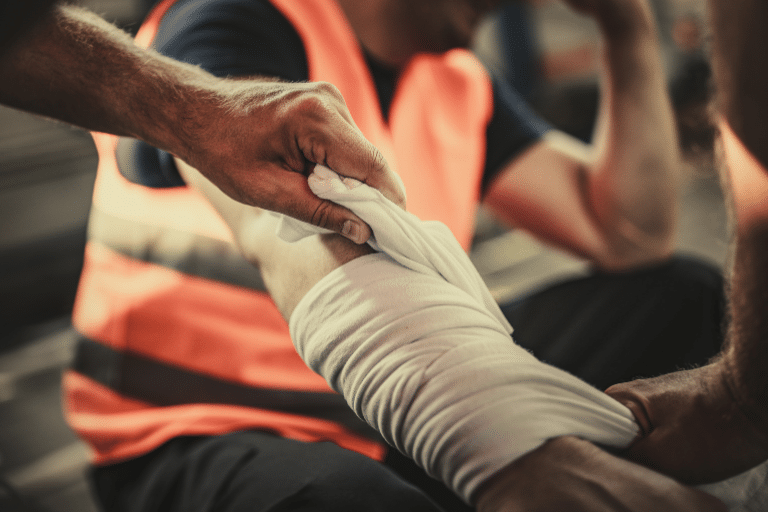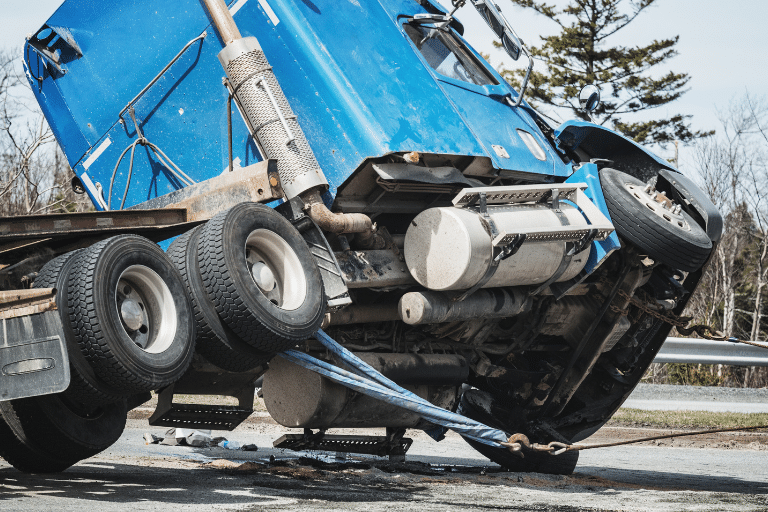The Black Box Approach to Preventing Medical Malpractice
These days we are using recording equipment and cameras more than ever before. Advanced technology coupled with lower cost and increased availability make cameras an excellent option for a variety of applications. From dash cams on police and emergency response vehicles, body cams on officers, traffic light cameras, security monitoring devices for homes and buildings and more – The list is endless! Our camera technology is widely praised and accepted, even as part of the law and order process. When it comes to medical care and procedures, a camera can be a useful tool to protect both patients and medical professionals. That begs the big question – why are cameras not allowed in the operating room or in hospitals and medical facilities?
As a legal professional with decades of experience representing clients against horrific medical malpractice claims, I can tell you with certainty that cameras in ORs and other hospital and medical facilities will be fought tooth and nail by the healthcare industry. From big insurance companies to big pharma, doctors and medical experts tasked with our care, cameras would blow the top off of the culture of secrecy in our medical industry.
The Impact of Cameras in the OR
If we look at an operating room for example, a camera and its subsequent recordings can be used for both monitoring surgical procedures and educational opportunities.
Monitoring would offer medical professionals and patients alike with protection. For doctors and medical staff, patients cannot accuse them of wrong doing so long as the recording is proven accurate and unaltered. For patients, proof of negligence would be irrefutable – Which is also arguably a benefit to the medical community as well, preventing dangerous individuals from providing care.
So why are cameras hotly opposed? Medical experts claim recording procedures would be a breach of doctor / patient confidentiality, and may create a potential for abuse, I personally think that both of these reasons are completely unsubstantiated!
From the privacy standpoint, recordings would be handled just as carefully as patient medical records and other personal information. From the abuse perspective; a potential increase in medical malpractice claims, simply boils down to the very basic principle that if you did nothing wrong, there is no case!
Recently, a few instances of medical malpractice has brought this issue to the forefront again, but to no avail. Theoretically, cameras in the operating room and in our healthcare facilities could reduce medical malpractice claims exponentially across the board!







